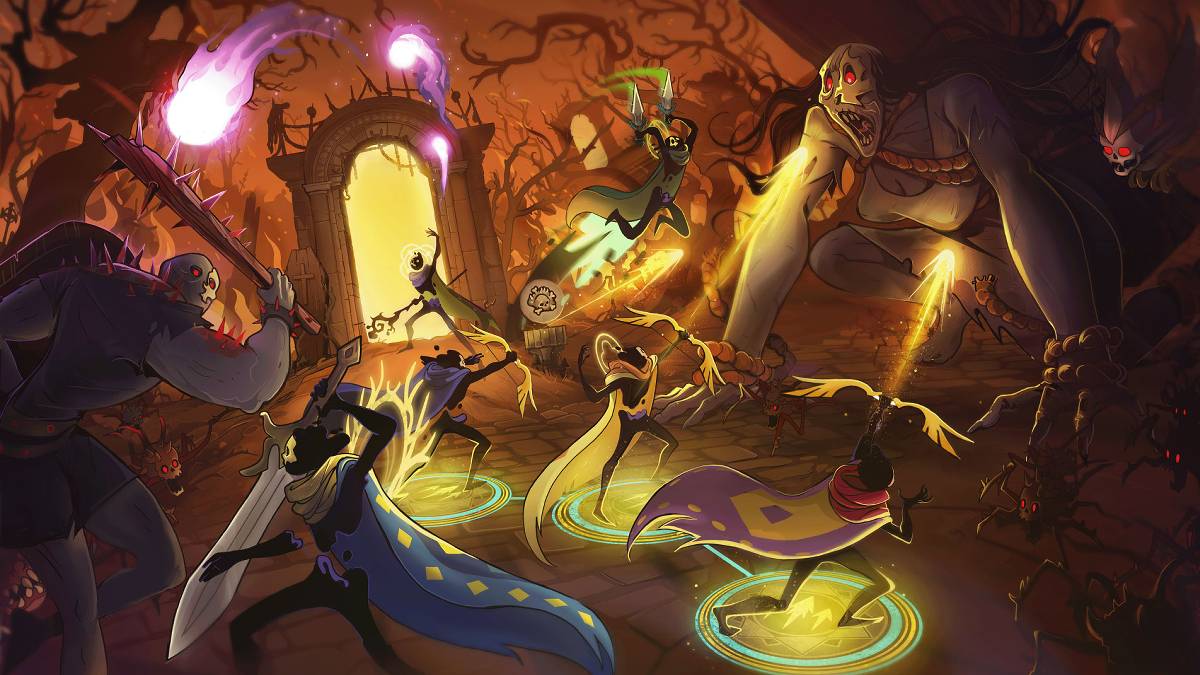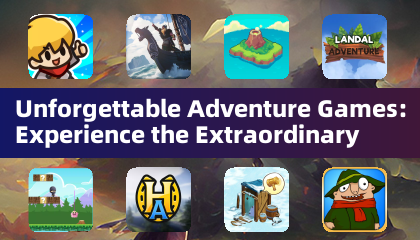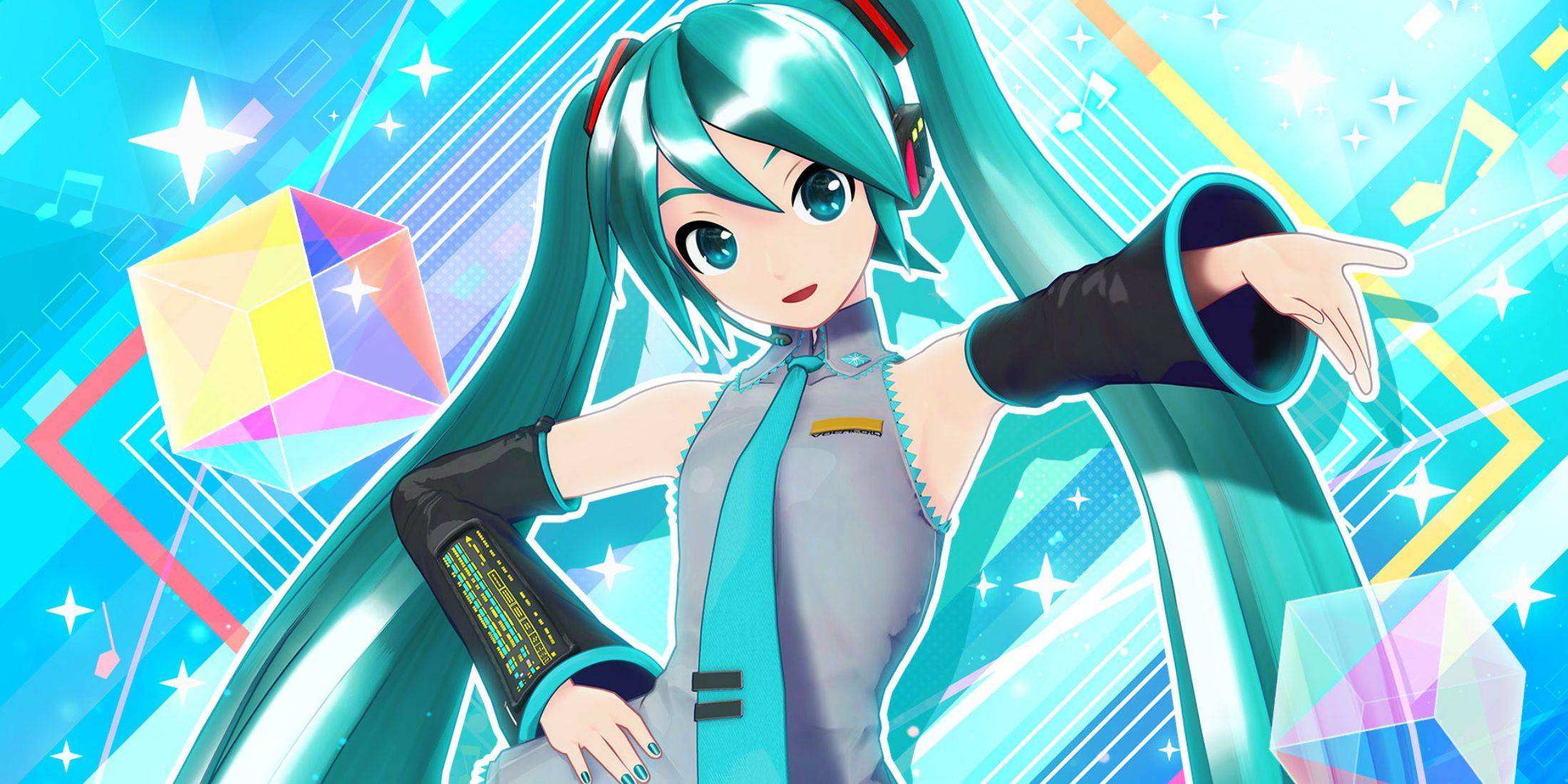Microsoft's recent unveiling of an AI-generated interactive demo inspired by Quake II has ignited a fiery debate across online communities. The demo, powered by Microsoft's Muse and the World and Human Action Model (WHAM) AI systems, showcases a real-time environment where every frame is dynamically created by AI, as highlighted by PC Gamer. Microsoft describes this as a "bite-sized demo" that immerses players into a space inspired by the classic game, with AI crafting visuals and responsive actions on the fly.
Despite the technological promise, the demo's reception has been overwhelmingly negative. After Geoff Keighley shared a video of the demo on X / Twitter, the response was swift and critical. Many gamers expressed concerns over the future of gaming, fearing that an over-reliance on AI could strip away the human creativity integral to game development. A Redditor voiced a common sentiment, worrying that "the human element will be removed" as studios might opt for AI to cut costs, a sentiment echoed by others who criticized the quality and coherence of the AI-generated gameplay.
However, not all feedback was negative. Some respondents saw the demo as a promising sign of AI's potential, albeit in its early stages. They argued that while the current demo isn't playable or enjoyable in its entirety, it represents a significant step forward in AI technology, potentially useful in early concept and pitching phases of game development.
The debate around Microsoft's AI demo comes at a time when the video game industry is grappling with the implications of generative AI. Recent examples include Keywords Studios' failed attempt to create a game entirely with AI, and Activision's use of AI for some assets in Call of Duty: Black Ops 6. Additionally, controversies like the AI-generated Aloy video have sparked discussions about ethical and rights issues within the industry.
Epic Games CEO Tim Sweeney's response to the demo was notably succinct, sharing a brief but telling reaction on social media. As the industry continues to explore the potential of AI, the conversation remains polarized, with significant concerns about the quality and ethical implications of AI-generated content in gaming.















